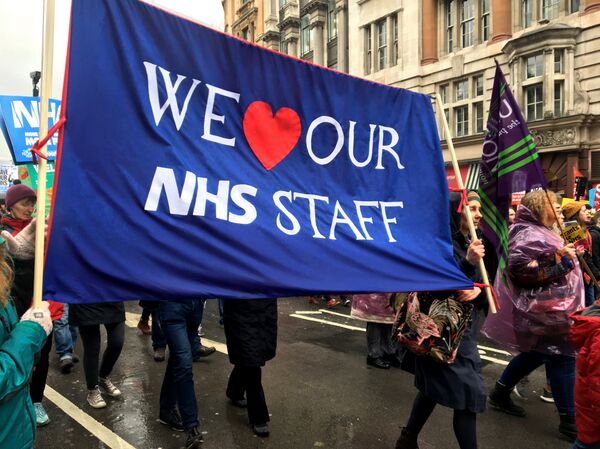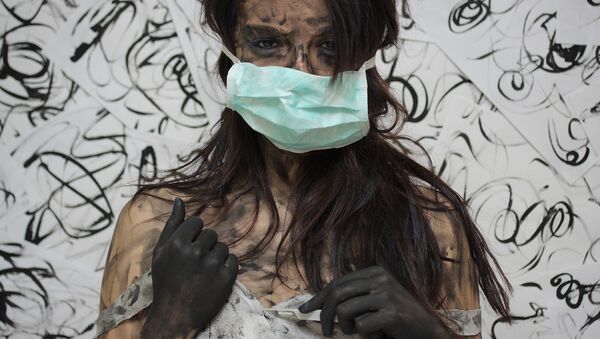"Black Wednesday" marks the day when new junior doctors start work in UK hospitals and others move to different departments. As the swap takes place, patients who report to Accident and Emergency (A&E) on that day are reportedly 6% more likely to die.
The day may not be nerve-wracking for tNational Health Service (NHS) patients only, as the freshly graduated junior doctors also feel the pressure of the changeover.
It’s changeover day (aka ‘black Wednesday): my first official day as a doctor. After 3 days of induction, 2 days of shadowing, and 6 years of university, I start my first job! Good luck to… https://t.co/UBf4wEULA3
— Chidera (@chidera_ota) August 1, 2018
Ours are all at ‘induction’ but tbh I’m just sad my fave ones have left now:(
— SMG™ (@SalmaHavannah) August 1, 2018
😂😂 omg that’s so terrifying!
— kso_noona-ℓ 🌌✨ 'ㅅ' (@kso_noona) August 1, 2018
Good luck! You’ll be a wonderful Dr Mouse! Don’t forget to look after yourself too xxx
— Maud McCutcheon (@MaudMcCutcheon) August 1, 2018
The term ‘Black Wednesday' first appeared in 2009 when researchers from the Imperial College London concluded that death rates generally go up on August 1.
In the paper titled 'Early In-Hospital Mortality following Trainee Doctors' First Day at Work,' the scientists suggested further work to look at measures in evaluating the effect of junior doctor changeover.
"We have found that patients admitted on the first Wednesday in August have a higher death rate than those admitted on the last Wednesday in July in hospitals in England. There was also a statistically significantly higher death rate for medical patients that was not evident for surgical admissions or patients with malignancy. If this is due to the changeover of junior hospital staff, then this has potential implications not only for patient care, but for NHS management approaches to delivering safe care," the paper said.
However, researchers didn't assign blame to doctors' inexperience and accepted that only the severest cases might be admitted to hospitals during the week and thus contribute to the rise.
In 2012, the NHS introduced a system of "shadowing" for the first year (F1) doctors in an attempt to improve safety in the month of August.
"Our aim is to ensure that all appointees to F1 spend a minimum of four working days shadowing the F1 job that they will be taking up and completing trust-based induction. This shadowing period will equip our new colleagues with the local knowledge and skills needed to provide safe, high quality patient care, from their first day as a F1 doctor. It builds on a range of developments that you and your colleagues have introduced in undergraduate medical education including student assistantships," Professor Sir Bruce Keogh NHS Medical Director announced.
'Black Wednesday' adds to the list of issues that have long plagued the national health system in the country. Junior doctors in Britain have in past protested against decreased rates for weekend shifts. In 2018 junior doctors were joined by nursed and NHS staff, as they took to the streets of London, calling for better funding and more staff.

Constant financial pressure on the NHS exacerbates the burden on the A&E departments, affecting waiting times for patients and quality of service by the staff, including the doctors on during their first day on the job.
READ MORE: One of the Best But Failing: The Disconcerting Diagnosis of the UK National Health Service


